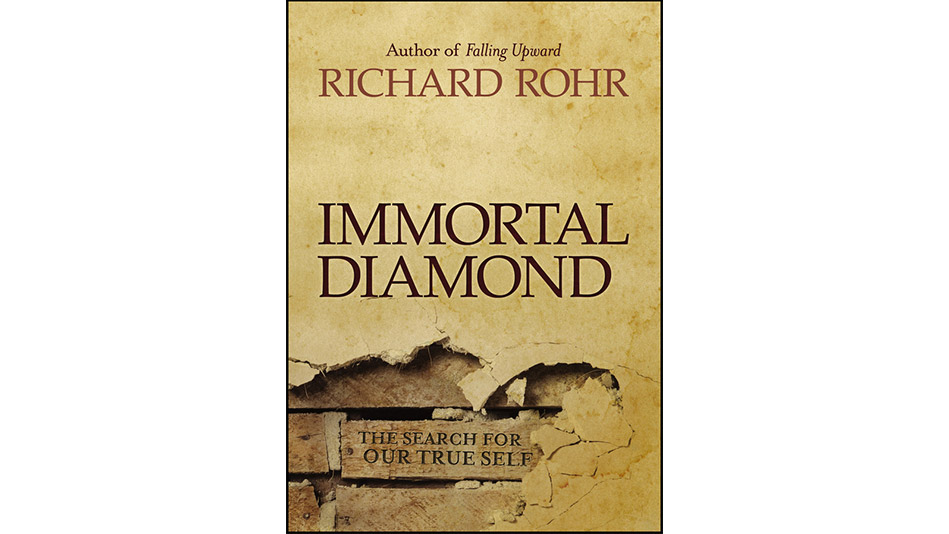
What to Do When You Can't Find Your True Self
This curiosity about ourselves grows more intense in the teen and young adult years as we try on a dozen costumes and roles, and we surely covet any recognition or praise of our most recent incarnation. We quickly grab it and try it on for size, as if to say, "This might be me!" Some never take their costume off. A too early or too successful self becomes a total life agenda, occasionally for good but more often for ill. Think of the many young athletes, musicians, and poets who become obsessed with their identity but never make it to the big time. Even if they do succeed, there are too many stories of unhappiness, being lost, and self-destruction. Our ongoing curiosity about our True Self seems to lessen if we settle into any "successful" role. We have then allowed others to define us from the outside, although we do not realize it. Or perhaps we dress ourselves up on the outside and never get back inside. When I explore the True Self in this book, I am talking about a second dressing up, which will actually feel much more like a dressing down.
This confusion about our True Self and False Self is much of the illusion of the first half of life, although most of us do not experience the problem then. Only later in life can we perhaps join with Thomas Merton, who penned one of my favorite lines, "If I had a message to my contemporaries it is surely this: Be anything you like, be madmen, drunks, and bastards of every shape and form, but at all costs avoid one thing: success... If you are too obsessed with success, you will forget to live. If you have learned only how to be a success, your life has probably been wasted." Success is hardly ever your True Self, only your earl window dressing. It gives you some momentum for the journey, but it is never the real goal. You do not know that, however. In the moment, it just feels right and good and necessary—and it is. For a short while.
I remember hearing a story, reportedly true, about a young couple putting their newborn in the nursery for the night. Their four-year-old son said to them, "I want to talk to the baby!" They said, "Yes, you can talk to him from now on." But he pressed further, saying, "I want to talk to him now and by myself." Surprised and curious, they let the young boy into the nursery and cupped their ears to the door, wondering what he might be saying. This is what they reportedly heard their boy say to his baby brother: "Quick, tell me where you came from. Quick, tell me who made you? I am beginning to forget!" Could that be true? Have most of us forgotten? Is this what Jesus was referring to when he would often teach that we have to become like little children to "get it"?
Most spirituality has said, in one way or another, that we have all indeed begun to forget, if not fully forgotten, who we are. Universal amnesia seems to be the problem. Religion's job is purely and simply one thing: to tell us, and keep reminding us of who we objectively are. Thus, Catholics keep eating "the Body of Christ" until they know that they are what they eat—a human body that is still the eternal Christ. What else would the message be? Avoiding this objective and wonderful message, many clergy have made the Eucharist into a reward for good behavior and missed the core Gospel for the sake of a small contest where they just happen to give out the merit badges. Religion's job is to keep "re-minding" us of what we only know "in part" (1 Corinthians 13:12). This book hopes to remind you of what you know and who you are at your core—and in a way that you can't forget. Then whatever you say or do will come from a good, deep, and spacious place. The True Self always has something good to say. The False Self babbles on, largely about itself.













